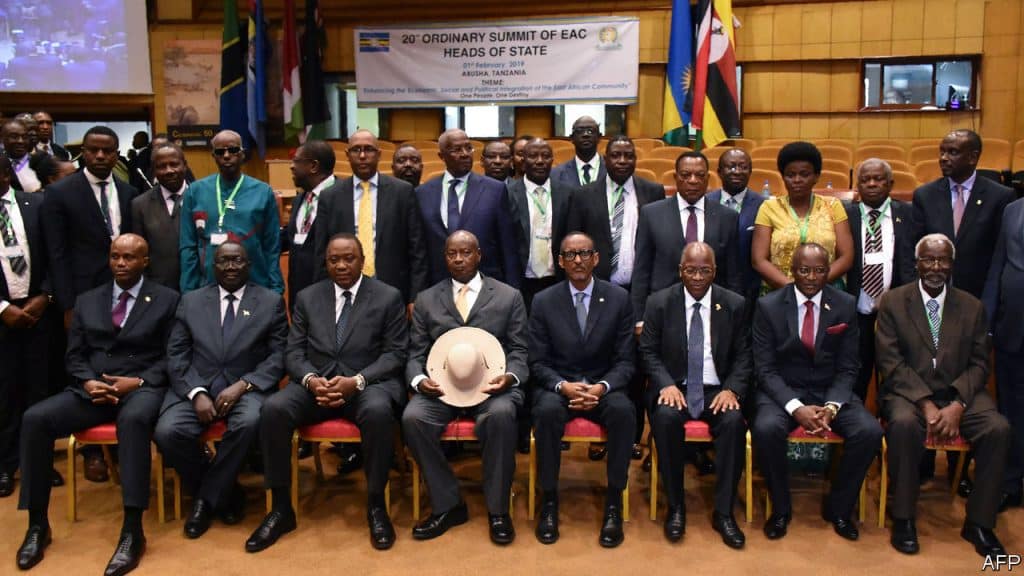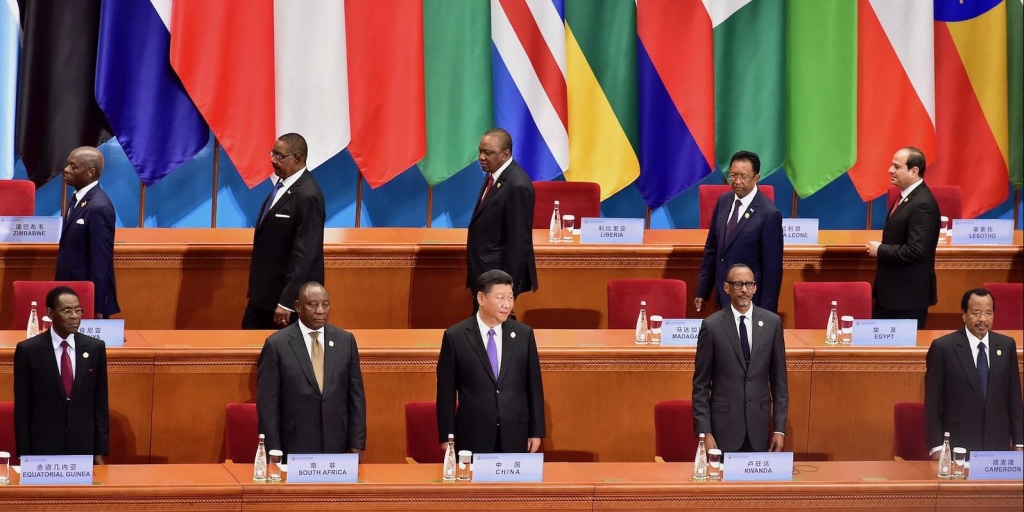African politics has long been associated with negative stereotypes, including corruption, instability, and violence. While it is true that some African countries have experienced these challenges, it is important to recognize that African politics is diverse and complex and that there are many positive developments taking place across the continent.

One of the most important developments in African politics in recent years has been the democratization of many countries. Since the 1990s, many African countries have made significant progress toward democratic governance, with multi-party elections becoming the norm in many countries. While there are still challenges to be overcome, including issues with transparency and accountability, the fact that many African countries are now more democratic than they were in the past is a positive development that should be celebrated.
Another positive development in African politics has been the increased participation of women in politics. While women are still underrepresented in many African parliaments, there have been some notable successes in recent years. For example, Rwanda has the highest percentage of women in parliament of any country in the world, with women holding 61% of seats in the lower house. In addition, women have been elected as presidents or prime ministers in several African countries, including Liberia, Malawi, and Ethiopia.
Another area where there have been positive developments in African politics is in the area of regional integration. The African Union, which was established in 2002, has made significant progress toward promoting cooperation and integration among African countries. This includes the establishment of the African Continental Free Trade Area, which aims to create a single market for goods and services across the continent. While there are still challenges to be overcome, including issues with infrastructure and regulatory barriers, the fact that African countries are working together to promote regional integration is a positive development that has the potential to bring significant economic benefits.

In addition to these developments, there are many other positive things happening in African politics that often go unrecognized. For example, many African countries are making significant investments in education and healthcare, which are critical to promoting human development and reducing poverty. There are also many innovative and successful social enterprises and non-governmental organizations (NGOs) operating in Africa, which are working to address a range of social and environmental challenges.
Despite these positive developments, however, there is still a tendency to focus on the negative aspects of African politics. This can have a number of negative consequences, including reinforcing negative stereotypes, reducing investment and tourism, and undermining the confidence of African citizens in their own political systems.

Promoting Positive Change in African Politics
One way to challenge these stereotypes and promote positive change is through greater engagement with African politics and society. This could include increased investment in African businesses and infrastructure, as well as greater support for civil society organizations and NGOs. It could also involve increased cultural exchange and educational programs, which would help to promote a more nuanced and balanced understanding of African politics and society.
Another important way to challenge negative stereotypes is through increased media coverage of positive developments in African politics. This could include more stories about successful entrepreneurs and social enterprises, as well as more coverage of democratic elections and peaceful transitions of power.
Finally, it is important for African leaders to continue to prioritize good governance and transparency, and to take steps to address corruption and other challenges. This will not only help to promote positive change within African countries but will also help to challenge negative stereotypes and promote greater engagement and investment from the international community.
In sum, while there are certainly challenges in African politics, it is important to recognize that there are also many positive developments taking place. From increased democratization and women’s participation in politics to regional integration and investments in education and healthcare, there are many reasons to be optimistic about the future of African politics. By challenging stereotypes and promoting positive change, we can help to create a more nuanced and balanced understanding of African politics and society, and contribute to a brighter future for the continent as a whole. This will require a concerted effort from governments, civil society organizations, and the international community, but the potential benefits are significant. By working together to promote good governance, transparency, and economic development, we can help to create a more prosperous and stable Africa that is better equipped to meet the challenges of the 21st century.
One important step towards this goal is to challenge the negative stereotypes that often dominate discussions of African politics. While it is important to acknowledge the challenges that African countries face, it is equally important to recognize the progress that has been made and the positive developments that are taking place. By focusing on these positive developments and promoting a more nuanced understanding of African politics and society, we can help to build a more positive narrative around Africa that encourages greater engagement and investment from the international community.

Another important step is to support and encourage African-led initiatives that promote good governance, economic development, and social progress. This includes supporting civil society organizations and NGOs that are working to address a range of social and environmental challenges, as well as supporting regional integration efforts and investments in education and healthcare.
Finally, it is important to recognize that promoting positive change in African politics will require a long-term commitment and sustained effort. While there are certainly challenges to be overcome, there are also many opportunities for progress and positive change. By working together and maintaining a focus on the positive developments that are taking place, we can help to create a more prosperous and stable Africa that is better equipped to meet the challenges of the 21st century.
READ NEXT ON: Wipe off the traces of colonialism on the continent-PLO Lumumba Foundation to AU






































